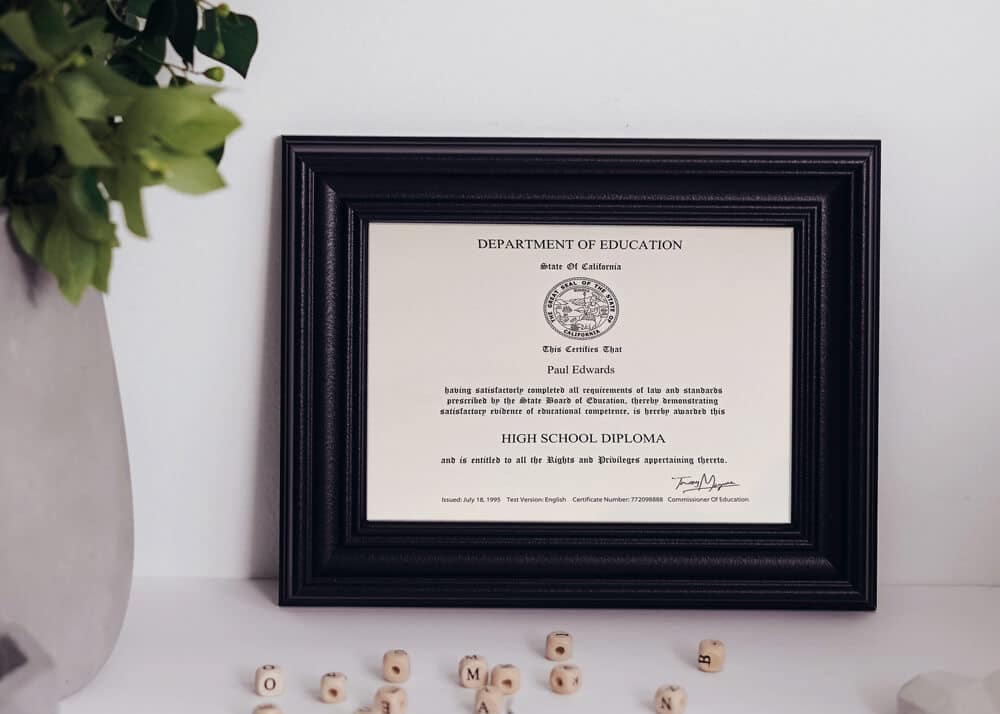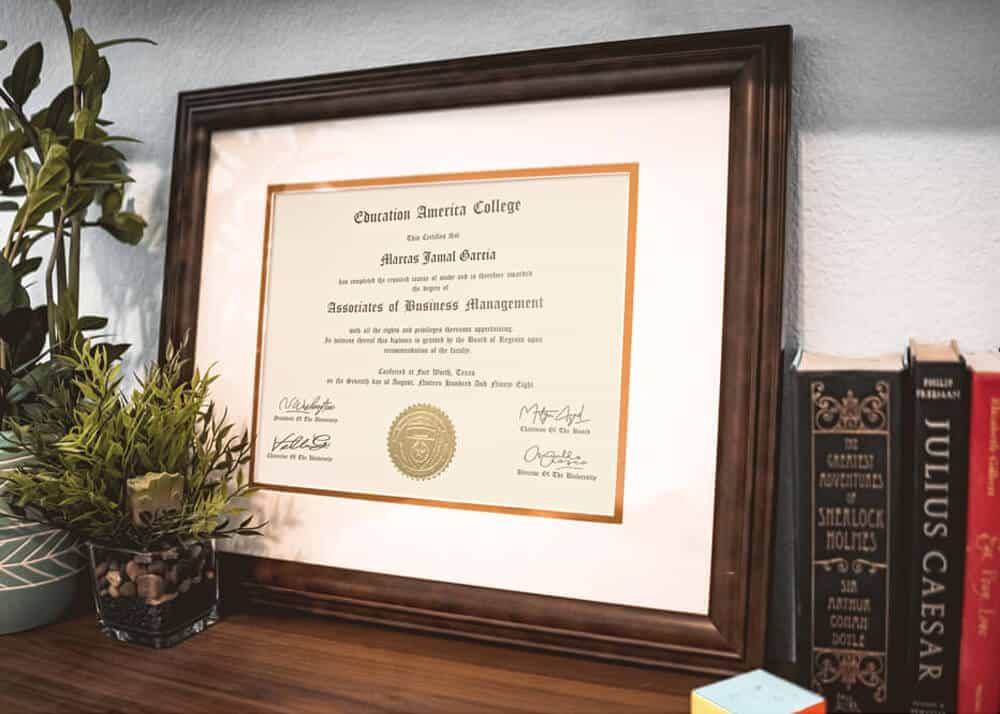Learn More about Credit Transfer(CT)
Credit Transfer / Exemptions Guidelines Besides the University Credit Transfer Policy, the credit transfer guidelines outlined below shall apply
BIBU will give a maximum of four (4) weeks from the date of receipt of the CT application to approve and communicate their decision to the CT applicant;
The student must state in detail the reason for the CT application and provide duly certified supporting documents which must include:
a) A recommendation letter from their previous institution;
b) Transcripts;
Where the CT is requested on disciplinary grounds from the other University/institution, the SoL shall reject the application abinitio.
Official Transcripts must be received in a sealed college/university envelope with a letter of confirmation of the authenticity of the transcripts/or/ Copies of the Official Transcripts must be certified as true copies of the original by either the university issuing them, a Magistrate or Advocate of High Court of your country Only units completed from accredited institutions shall be considered for Credit transfers;
For exemption, the content of the unit done in the previous institution must fit the unit course content at the SoL and CUE rules for the qualification of a Diploma in Law ;
The maximum number of CTs granted to a student shall be 49% or fourteen (14) units or the equivalent of one and a half (1 and 1/2) years of the programme.
For each course/unit the student must have scored a minimum of “C” Grade from the institution;
The CTs applied for must not have been earned more than four (4) years from the date of the application for transfer;
A CT likely to give advantage to the student in grade and score shall not be approved;
CT shall not be granted for a University’s common core unit;
The decision of the SoL will be final. 1.6.3.5 Credit Transfer Process
STEP 1: The student drops off the application for the CT at the School.


The application should contain:
CT application letter;
List of courses/units applied for;
Supporting documents (transcript) showing that the student sat and successfully completed the required hours and passed the examinations from the current university;
The application should comply with the Guidelines attached hereto.
STEP 2: The application is directed to the relevant offices i.e. Head of Department/Admissions
STEP 3: The HOD/Admissions//Registrar notifies the Credit Transfer Committee of the pending CT application and forwards the documents to them for their approval
STEP 4: CT Committee sits and makes recommendations guided by the rules. See overleaf;
STEP 5: CT Committee forwards its recommendation via a memo to the HOD;
STEP 6: The HOD signs off the CT Application form signalling approval and acceptance of the CT Committee recommendation;
STEP 7: HOD then passes on the memo and the application forms to the Dean Faculty of Law for endorsement;
STEP 8: The Dean then forwards the application together with the attachments to the admissions office in Thika for the issuance of either the admission letter and/or regret/ rejection letter to the concerned applicant;
STEP 9: The letters are then dispatched back to the School of Law for the onward transmission to the CT applicants.
1.6.3.6 Unit exemption The following conditions should be met in seeking an exemption for a particular unit:
1. The applicant shall pay a non-refundable credit transfer/exemption fee as determined by the School Board and approved by the Senate.
2. A formal application on a prescribed form should be lodged with the Dean of School.
3. The application should include justification and documentary support for the exemption to be considered.
4. The applicant must have passed the final examinations for the semesterin which the unit in which to be exempted was examined.
The School Board may require the applicant to sit an exemption examination.




